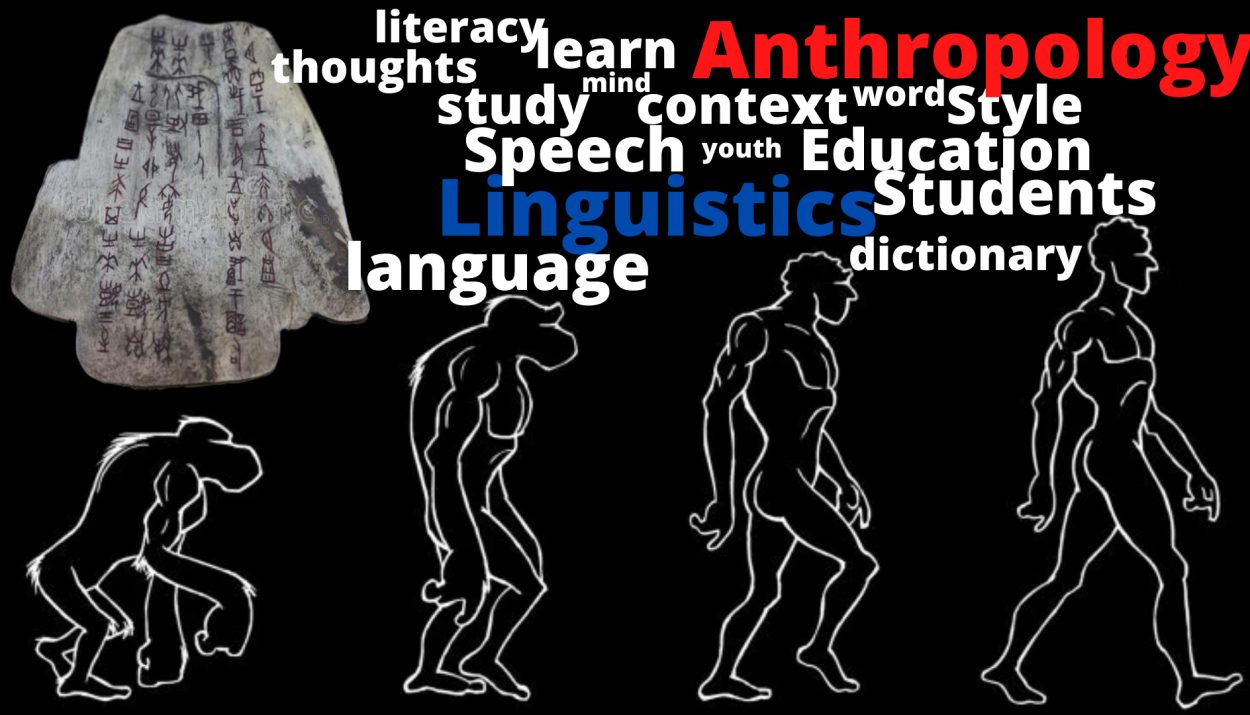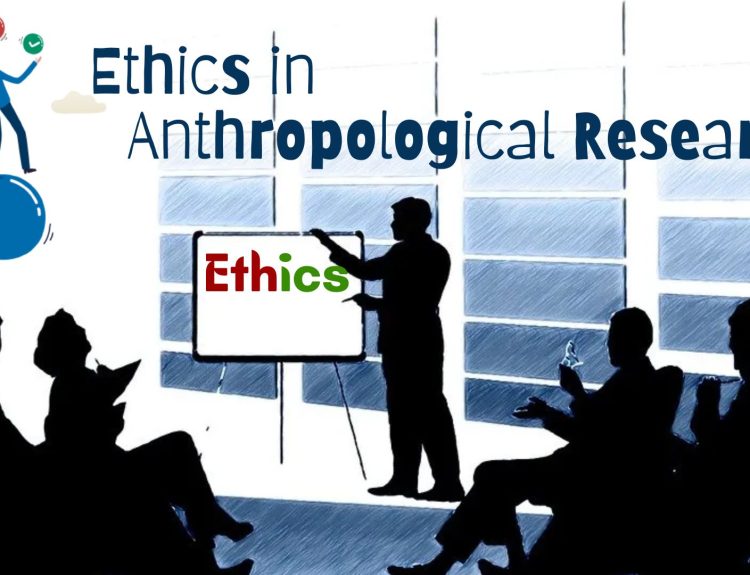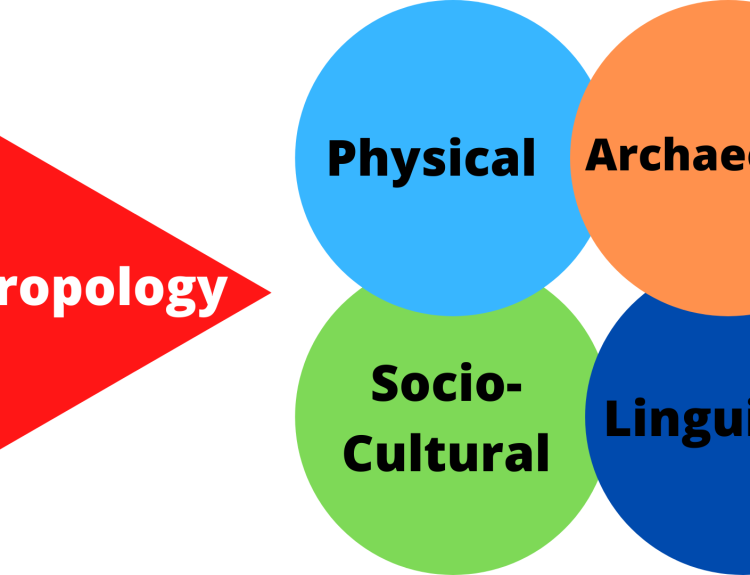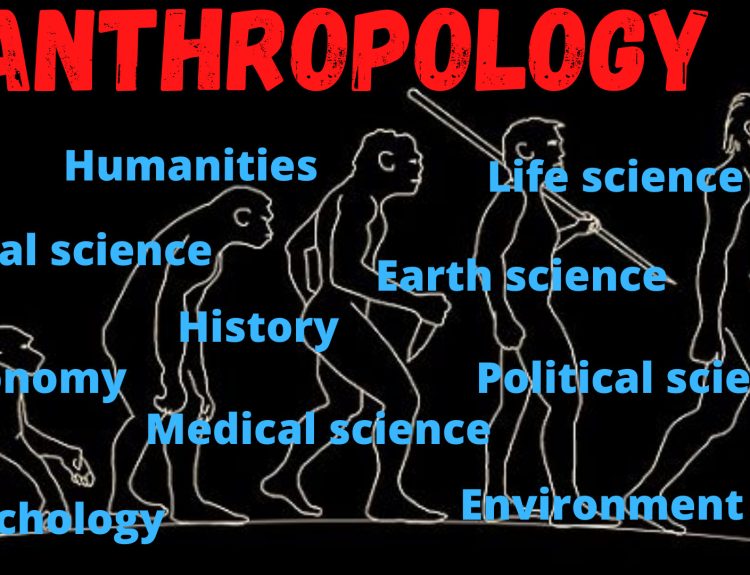Anthropology is the study of us. Our clothes, our homes, our bodies, how we talk, how we think, our past present future, and everything around us.
One of the astounding features of human beings is speech. Language is a part of the culture.
Definitions of Language
According to the Merriam-Webster dictionary- language is the system of words or signs that people use to express thoughts and feelings to one other.
According to a Cambridge dictionary– language is a system of communication consisting of sounds, words and grammar.
Language plays an important role in how we think about ourselves and how we think about others.
Here we are going to explore language from a lot of different angles.
What is linguistic anthropology?
Linguistic anthropology is one of the four subfields of anthropology. As we know there are thousands of languages all over the world. We all have different languages. We also know that these languages are diverse and ever-changing. Daily new words are added to the dictionary.
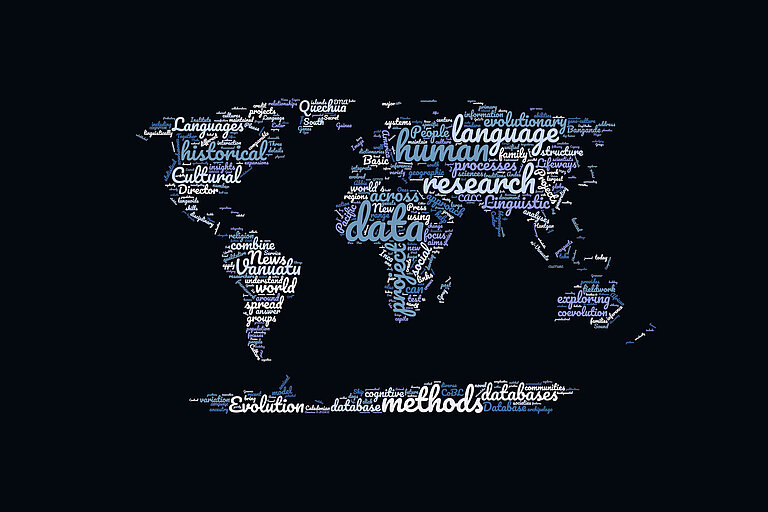
In linguistic anthropology, we study language in social and cultural contexts. Linguistic anthropology includes the study of ancient and modern languages, how language changes over time, dialects and accents, and how speech and writings reflect social differences.
Linguistic anthropology studies linguistics (the scientific study of language) about culture. There is a deep connection between language and culture. Every society has its own way of speaking. There is always an influence of culture on language.
It studies the structure of language, variation and meaning in sociocultural settings. It studies how language is transmitted from one generation to the next one, how ideas are transmitted through words, how words are visualized etc.
Learn Language, Brain and Culture Interaction here.
Subdivisions of Linguistic anthropology
Historical linguistics
It is the scientific study of the transformation of language over time.
Structural linguistics (Descriptive linguistic)
It studies the structure of language (grammatical and other linguistic elements).
Socio-linguistic (Ethnolinguistic)
It is the study of the role of language in social behaviour.
Ethno Semantics
It studies how people perceive and classify material and social phenomena.
Psycholinguistics
It is the psychological study of language. It studies the mental aspects of language and speech.

Linguistic anthropologists have been trying to tackle the complex question of whether language is universal for over a hundred years.
Overall, linguistic anthropology provides valuable insights into the ways in which language is a central aspect of human life, influencing our thoughts, behaviours, and interactions within a cultural context. Researchers in this field contribute to our understanding of how language shapes and reflects the rich tapestry of human diversity and social dynamics.


